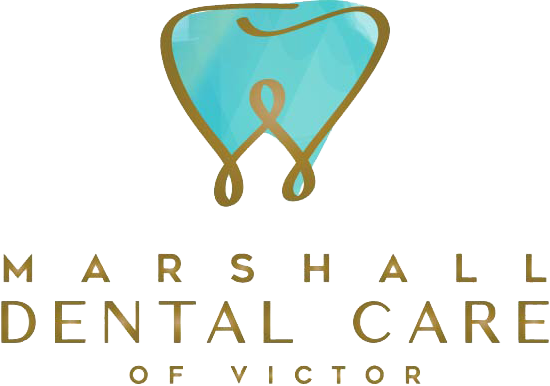Please Call Us With Any Questions
Dentures Or Partials
Crowns And Bridges
While wearing the temporary crown or bridge before the permanent one is ready, be sure to avoid sticky and harder foods, as they may pull it out of place. It’s very important that it stay in place until the permanent one is ready.
Brush the temporary just as you would your normal teeth, including around the gum line. When flossing, place the floss in between teeth as usual, but pull it out through the side rather than back up.
If it does dislodge, try to place it back with toothpaste and call our office for an appointment time to re-cement it.
Finally, sensitivity to hot and cold foods and drinks may be experienced while wearing the temporary, especially to cold. Try and avoid them if they give you trouble. If you experience sore gums following its placement, rinse with a solution of 1 tsp. of salt in 8 oz. of warm water. If the soreness persists for more than a week, please call our office. You can also use ibuprofen, but not more than 600mg every 4-6 hours, or 1000mg of Tylenol every 6 hours.
Fillings
If local anesthesia was used, avoid chewing until it’s fully worn off, so you don’t bite your lip or tongue by accident. Your regular diet is fine, and you may brush and floss normally right away.
Cold sensitivity and soreness when chewing is normal for a few days. Use 600mg of ibuprofen or 1000mg of Tylenol to relieve it. If the sensitivity does not improve, if you develop a toothache, or if you feel your bite is uneven, please call our office.
Implant Surgery
Night Guards
If you have had a custom mouth guard made to prevent teeth grinding, don’t ever try to force it into place. Rough handling can cause it to break. While the guard may take some getting used to, it’s very important to use it regularly. After the first week, most patients become comfortable with its use. Your front teeth may also be sore to start, but that should subside after a week.
Be sure to clean your night guard at least three times per week using dish soap and a toothbrush. But be careful! Brushing too hard can cause damage. When you aren’t using it, be sure to store it in the provided case. Please call our office with any concerns.

